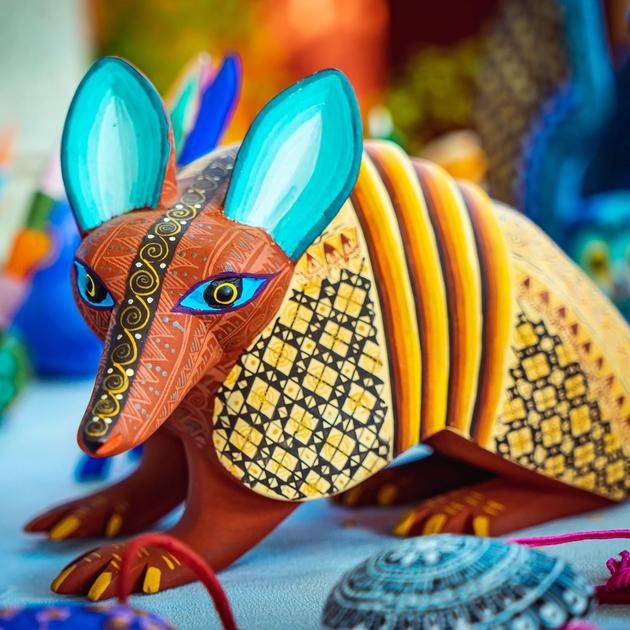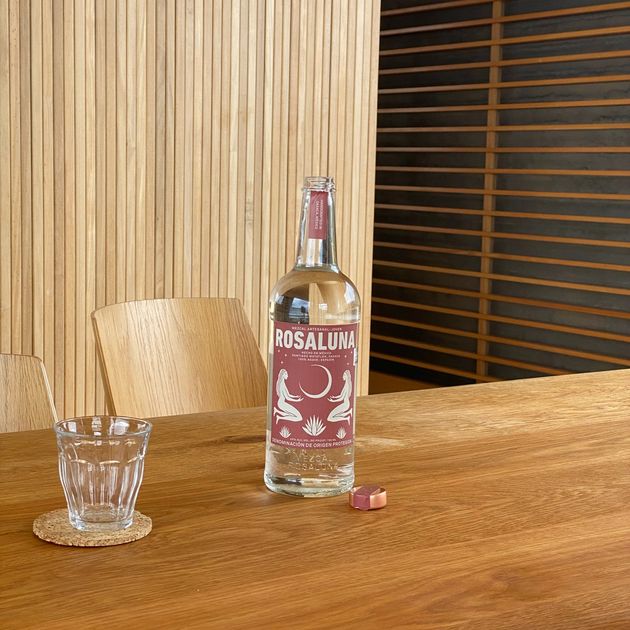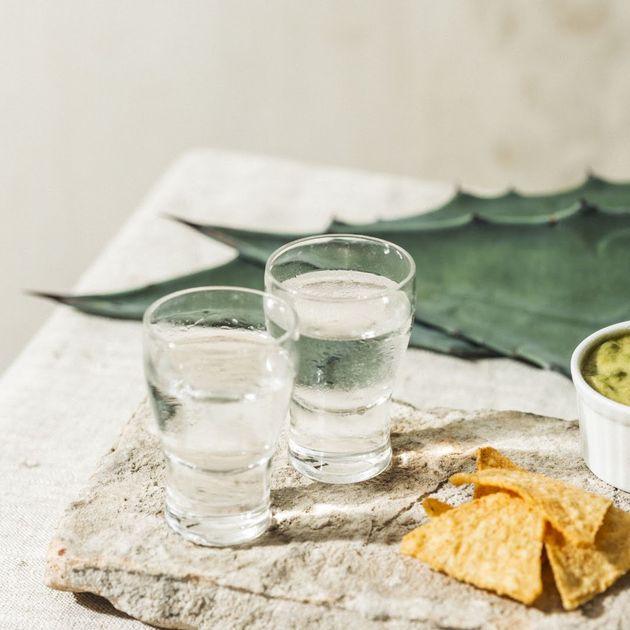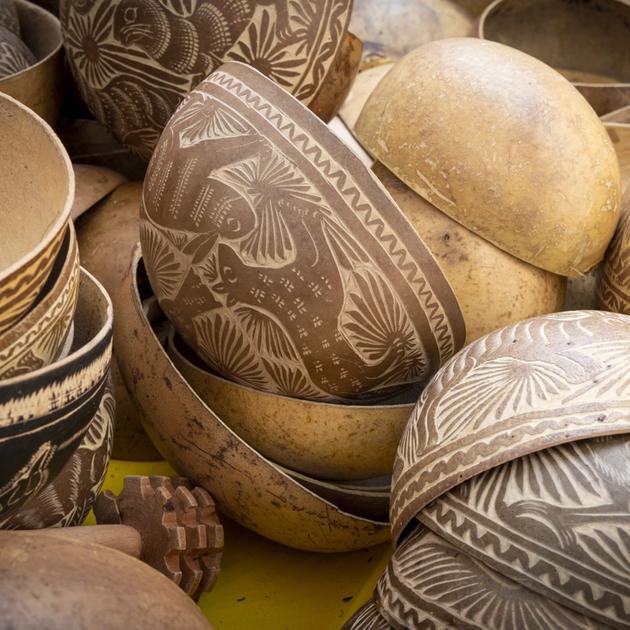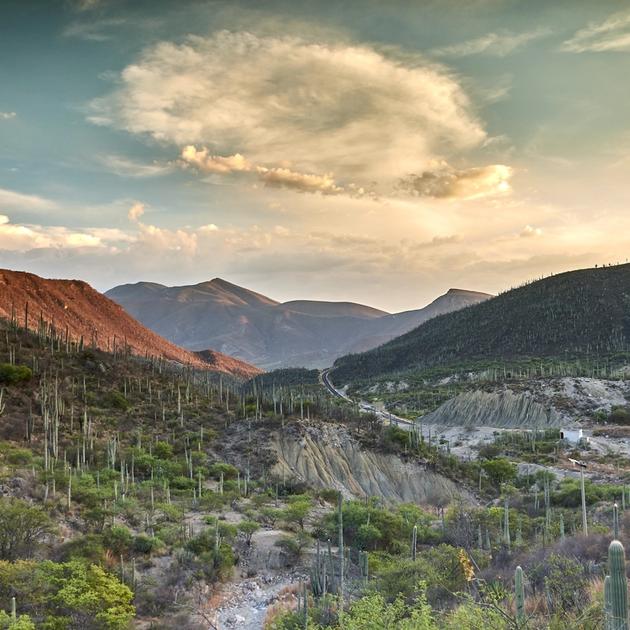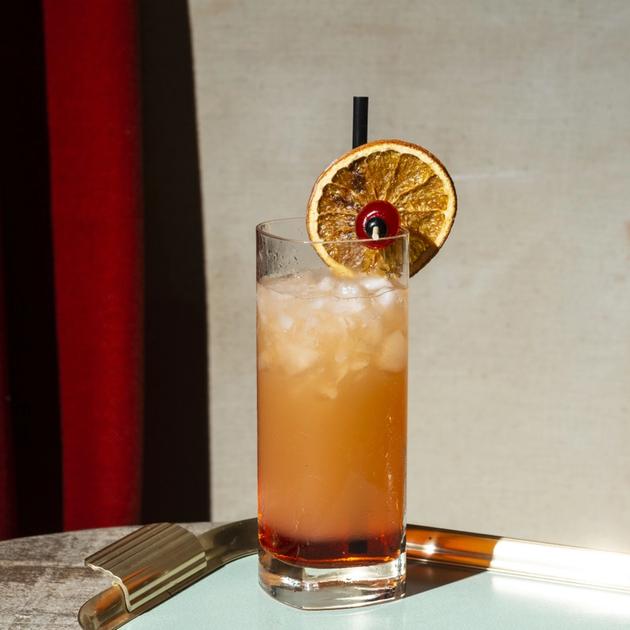We know Mezcal isn’t a household staple the way that, say, wine, scotch, and beer are. We grew up watching our parents enjoy these drinks, and as such, we learned the ins and outs of them (the proper time to enjoy them, the appropriate portions, how to differentiate quality, etc.).
We (personally) grew up without much Mezcal in sight. Compared to other liquors, Mezcal is relatively unknown to many. Those folks are genuinely missing out. Mezcal is the best there is, and you’ll soon understand why.
When we say “Mezcal,” this is actually a bit of an umbrella term. “Mezcal'' can include everything from industrial Mezcals all the way to single batch productions from small communities. The relevant types of Mezcal for the everyday consumer to know about are artisanal, traditional, and industrial Mezcal. Interestingly, when it comes down to it, artisanal and traditional are pretty much used interchangeably. It’s the industrial Mezcal that really takes a step away from those classic processes.
It All Comes Down to the Process
The creation of all Mezcal follows the same process up until a certain point in production; this is where artisanal, traditional, and industrial Mezcals begin to differ.
Let’s start at square one.
Simply, Mezcal is defined as a distilled alcoholic beverage made from any type of agave. The word Mezcal comes from the Nahuatl (the language of Aztec/Mexica) words “metl” and “ixcalli,” meaning “over-cooked agave.” This oven-cooking process is a critical step, but we’ll talk more about that later.
The majority of the world’s Mezcal supply (around 90%) comes from Oaxaca, a small city in southern Mexico. Outside of Oaxaca, Mezcal comes from hotter regions such as the southern United States and other areas in Mexico. Mezcal comes from these hotter regions of the world because agave, the main ingredient, thrives in subtropical zones with hot, dry climates.
It all starts with the agave. Agave needs to be nurtured with water and sun (and love) for up to eight years. (Well, at least that’s how long our process takes. But to be fair, we take extra care with our baby agaves, and we don’t believe in rushing the process. That’s probably why you can taste the magic in every sip of our beloved Mezcal Rosaluna).
When the agave has matured and is ready for harvest, the leaves (pencas) are removed, leaving only the agave (the piña), which contains the most sweetness. The next step is roasting, which is necessary to soften the agave so that it can be adequately milled to extract the juice. After milling, it’s on to the fermentation process. The fermentation process differs between Mezcals, but this step is where the magic gets going—the sugar slowly but surely converts into alcohol. Finally, double distillation separates the water from the alcohol and captures the final product: Mezcal.
Sounds like a cool process, right? We think so too. However, there are artisanal, traditional, and industrial Mezcals for a reason: there are differences, and these (small, but also not so small) differences lie in the production process.
These liquors begin to go their separate ways as early as the second step: cooking the agave.
Roasting.
Artisanal (and Traditional) Mezcal is cooked in pit ovens.
Pit ovens are nestled in a hole in the ground, usually surrounded by firewood logs and covered with stones. An underground oven creates the perfect nursery for the agave to slowly cook and take its ~sweet~ time. This patient process, which takes up to five whole days, adds the distinct note of cooked agave to the final Mezcal (It’s well worth the wait, promise).
Slow roasting creates a perfect balance between smokiness and cooked agave. Traditional Mezcals utilize this extended method rather than the more modern (and quicker) techniques, such as using elevated stone ovens (as Industrial Mezcal does).
While the traditional method definitely requires more work, patience, and diligence, this extra TLC gives the Mezcal its unique smokiness and multi-dimensional taste. This distinctive smokiness and multi-dimensional flavor are perfectly showcased in one of our bottles of Rosaluna—just BTW.
Milling.
Regardless of the roasting method used, the two liquors also differ in the next step: milling the agave. How the agave is milled (crushed or pulverized) affects the essence and taste of the final spirit.
Industrial Mezcal can use a bunch of different tools for this process—either a tahona, Chilean or Egyptian mill, mallets, trapiche, or a shredder. Traditional and Artisanal Mezcals don’t use a shredder for this process and instead sticks to mills or mallets. These traditional ways of milling or using mallets are more costly, but they do a better job of capturing the essence of whichever terroir the agave comes from. (Psst… in case you didn’t know, agave carries with it the distinct characteristics of the terroir in which it was grown. In the same way that wine and champagne differ depending on where the grapes were grown, agave brings its unique flavor profile too).
Fermentation.
During fermentation, Industrial Mezcals use wood, clay, or masonry tanks, animal skins, hollows in stone, tree trunks, and sometimes maguey fibers. The difference here is that Traditional Mezcal must use maguey fibers. (Maguey fibers are key for creating the smoky flavor in Mezcal, so this is an important difference).
Distillation.
The Industrial method doesn’t require the distillation process to occur on direct fire, and they often use steel instead of copper. Artisanal Mezcals carry out the distillation process by using direct fire on copper stills or clay pots and coils made of clay, wood, copper, or stainless steel, making for a higher-quality product.
Keeping It Traditional
Different Mezcals are aged from anywhere from a few days to several years.
Traditional Mezcal-making methods typically skip over the aging process because it is believed that part of the joy of agave-spirits is tasting the agave itself (which aging takes away, to a certain extent). This is the most important part—many people drink Mezcal specifically for this smoky flavor that we love so dearly.
Traditional Mezcal should have “100% agave” on the label, so you know you’re really getting the good stuff. Here at Rosaluna, we stick to these traditional methods of using 100% un-aged agave so that you can get ~the full experience~.
Industrial? No Thanks
Industrial Mezcal may show an amber color (or a variation of such). This is a clear indicator that the liquor has been aged or contains artificial coloring (yuck). This likely means that the authentic flavor and delicate aroma have been destroyed during the production process.
So Which One Is Rosaluna, Your New Favorite Mezcal?
We’ll never be rude to our fellow Mezcal amigos out there, but Mezcal Rosaluna is definitely the real MVP. We’re not an industrially-made Mezcal brand, so you can trust that every bottle was made lovingly and thoughtfully using only traditional and artisanal methods.
Rosaluna comes from the world’s “Capital of Mezcal”... need we say more? Our Rosaluna is handmade by a sister and brother duo whose family has been lovingly creating the spirit for over six generations. It’s more than our job—it’s our craft. We’re also proudly 100% vertically integrated. This means we grow, farm, ferment, and distill our own agave from start to finish.
We put hard work into creating this magical spirit, and it pays off. Our final product brings you three unique, complex, and exciting flavor profiles: earthy agave, a complex aroma, and a smooth finish. Rosaluna is a hug after a long day, a dance under the moonlight, and everything in between. There’s something about its long history and true simplicity that just feels right.
You could try both and see for yourself, or you can just trust that we’re only here to spread the love of true Mezcal. From us to you, we hope you enjoy it.
Sources:
Tequila vs. Mezcal | Mezcal PhD
When it comes to agave, the old ways make better mezcal, tequila | Chicago Tribune

